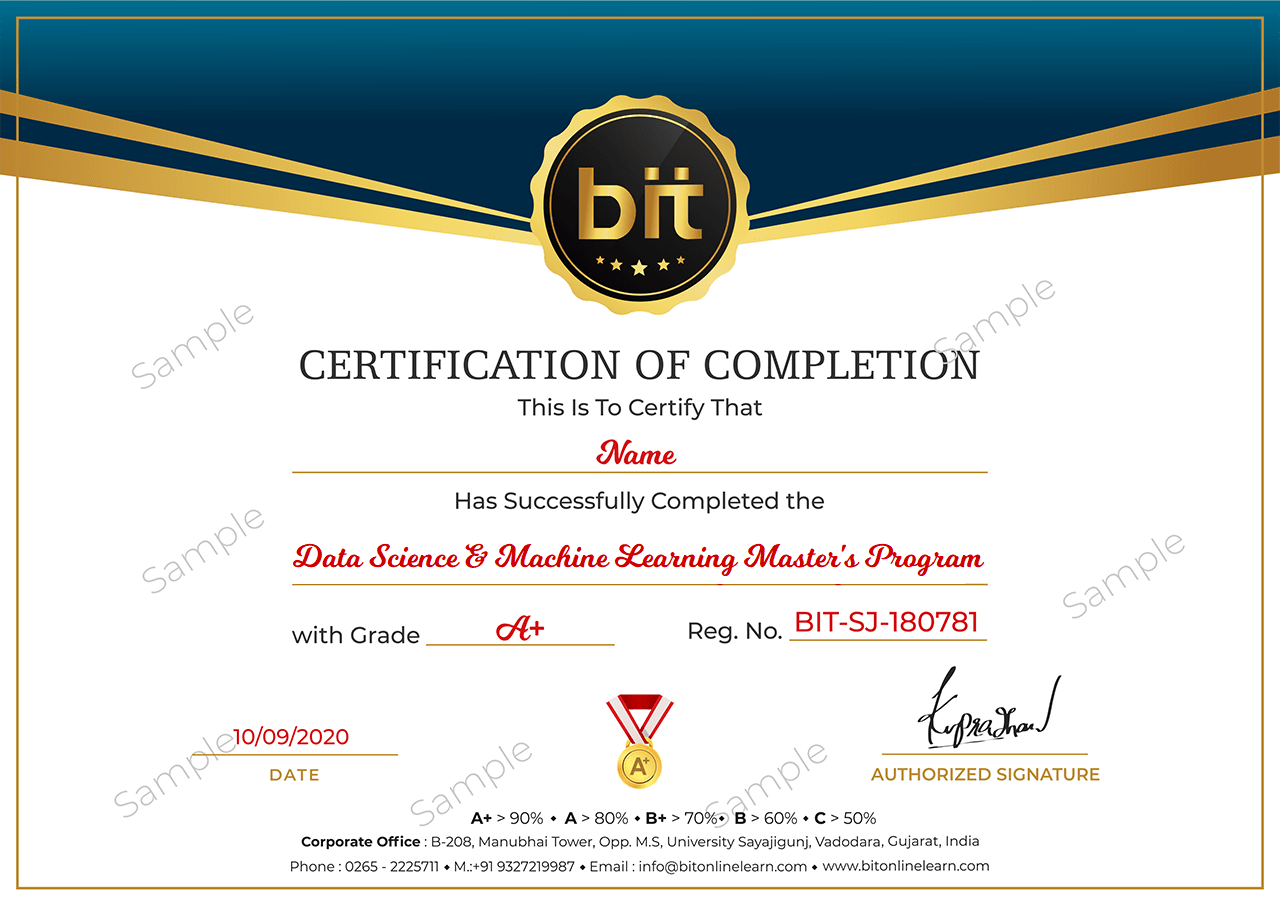Live
· Case Study -1 Creating Application- oriented Analyses Using Tax Data
· Preparing for the analysis of top incomes
· Importing and exploring the world's top incomes dataset
· Analyzing and visualizing the top income data of the India
· Furthering the analysis of the top income groups of the India
· Reporting with Jinja2
· Case Study -2 Driving Visual Analyses with Automobile Data
· Preparing to analyze automobile fuel efficiencies
· Exploring and describing fuel efficiency data with Python
· Analyzing automobile fuel efficiency over time with Python
· Investigating the makes and models of automobiles with Python
· Case Study -3 Working with Social Graphs
· Preparing to work with social networks in Python
· Importing networks
· Exploring subgraphs within a heroic network
· Finding strong ties
· Finding key players
· Exploring characteristics of entire networks
· Clustering and community detection in social networks
· Visualizing graphs
· Case Study -4 Recommending Movies at Scale
· Modeling preference expressions
· Understanding the data
· Ingesting the movie review data
· Finding the highest-scoring movies
· Improving the movie-rating system
· Measuring the distance between users in the preference space
· Computing the correlation between users
· Finding the best critic for a user
· Predicting movie ratings for users
· Collaboratively filtering item by item
· Building a nonnegative matrix factorization model
· Loading the entire dataset into the memory
· Dumping the SVD-based model to the disk
· Training the SVD-based model
· Case Study -5 Har vesting and Geo locating Twitter Data
· Creating a Twitter application
· Understanding the Twitter API v1.1
· Determining your Twitter followers and friends
· Pulling Twitter user profiles
· Making requests without running afoul of Twitter's rate limits
· Storing JSON data to the disk
· Setting up MongoDB for storing the Twitter data
· Storing user profiles in MongoDB using PyMongo
· Exploring the geographic information available in profiles
· Plotting geospatial data in Python
· Case Study -6 Optimizing Numerical Code with NumPy and Scipy
· Understanding the optimization process
· Identifying common performance bottlenecks in code
· Reading through the code
· Profiling Python code with the Unix time function
· Profiling Python code using built-in Python functions
· Profiling Python code using IPython's %timeit function
· Profiling Python code using line_profiler
· Plucking the low-hanging (optimization) fruit
· Testing the performance benefits of NumPy
· Rewriting simple functions with NumPy
· Optimizing the innermost loop with NumPy








